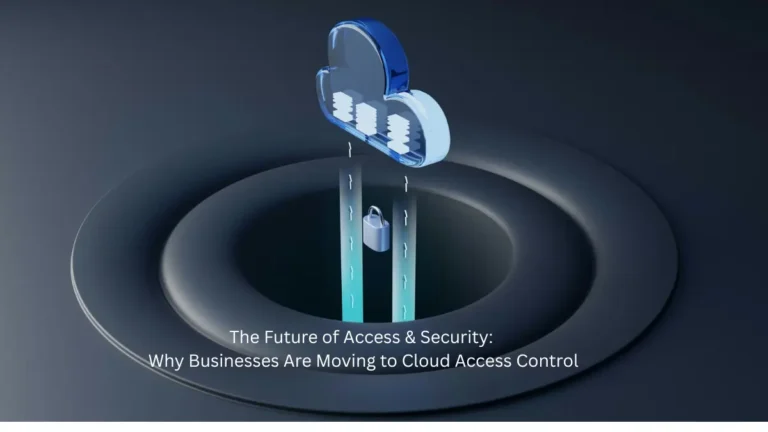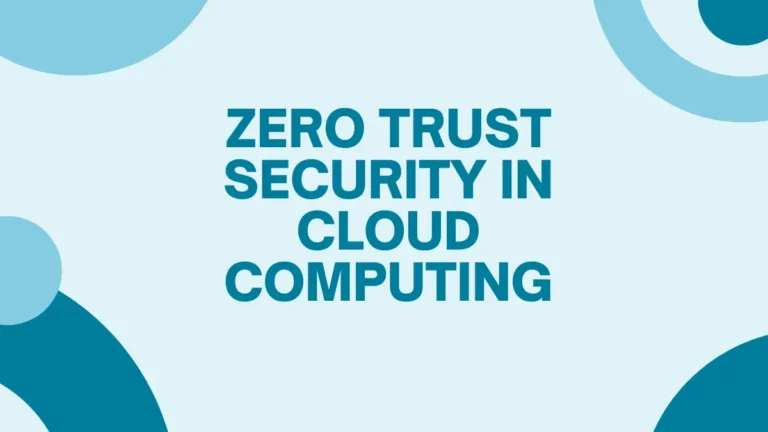Unfortunately, along with its popularity has come a series of myths that only help to misinform the masses. Myths only serve to obstruct information and deter us, further putting organisations off making that leap in overall outcomes and innovations. There are many myths about the cloud, the most popular of which being about the amount of money it says.
Below you will find a list of 8 of the more deceptive and perilous myths about the cloud:
1. One Cloud Strategy or Vendor
Because of the style of cloud services and their current benefits, it can make less important, the concern of regulation options, as these specific options are typically hidden from customer view.
The truth is that all cloud strategies should focus primarily on aligning potential benefits with business objective. A cloud strategy that is singular makes sense and is fine, providing it is flexible enough to allow for decision framework, which produces multiple answers.
2. The Cloud is Less Secure
A generally held myth about cloud computing is that it is less secure. In reality, this is more about trust, than any actionable study about the security capabilities of cloud computing. To date, there hasn’t been any real significant data breaches on the public cloud, with the vast majority of breaches involving on-premises data centres. While, it’s important a cloud provider is able to demonstrate their own capabilities, once they do that to a satisfactory level, there really isn’t any reason to believe your data won’t be secure.
3. Not for Mission Critical Use
It’s not an all or nothing situation when it comes to the cloud. It can and is regularly adopted in specific cases and steps. Therefore, it shouldn’t be a surprise that early use cases may not be geared towards mission critical systems. However, if you look at many organisations you will find that they have progressed beyond the early use case and experimentation, and are now at a place where they can use the cloud for mission critical use. You can also find many enterprises, not just the small ones that are born within the cloud, and run their businesses, directly off the cloud, which is a prime example of mission critical.
4. The Cloud Fixes Bad Architecture
Another myth or misconception is that the public cloud is capable of magically fixing any poor app architecture.
As an example, shifting and lifting virtual machines into the cloud, would not add any resiliency of its own. But with careful image management and extra configuration, even the smallest legacy workload could benefit from auto scaling and auto-recovery groups. An enterprise unlocks the full benefits of the public cloud when they are able to move up the stack with effective use of server-less, PaaS and other such services.
5. Cloud Data is Public
Many people are under the misconception that, because the public cloud uses the term public, this means that the data is easily accessible and is not really private.
While, the reality is, many of the data hosted on a cloud for free, is regularly analysed and used for marketing by many larger companies like Gmail, Facebook etc., the vast majority of cloud providers have very strong privacy guarantees and data protection policies, as an integral part of their business models. The provider wants their cloud to be as secure as possible, as it is in their best interest.
6. Users Lose Control of Their Data
This is one myth that can be rather difficult to debunk. However, the truth is, for the vast majority of cloud service providers, they would be at risk of ruining their reputation if they were to spy on their customers, as the implications could be damaging for the company. In truth, many of these service providers have created new ways for which end users can analyse their data. Google’s Access Transparency service comes to mind, as it allows enterprises to be able to watch, analyse and collect data on the actions of vendor’s in the cloud.
The same rule applies for the location in which data is actually stored on a cloud service. Many enterprise customers are actually unaware how the different configurations makes it possible for the data’s location to be restricted, which could help eliminate any anxiety that would otherwise exist.
7. Cloud = Everything
Speaking about an organisation that has its value fixed upon flexibility, the cloud service can make the most ideal solution. This company should already have the appropriate capabilities to consume, and therefore pay for whatever may be required. Unless it proves to be cost effective, in many instances moving a legacy app, that is not changeable, is not always the best candidate for the cloud.
The truth is, that the cloud isn’t always an advantage, for many workloads it just may not fit. However, that doesn’t mean you can’t combine non-cloud solutions with the cloud. So there may be a solution, it just might not be what you expect.
8. Cloud Is Cheaper
One of the biggest and most common myths, is the misconception that the implementation of cloud services always results in something less expensive when compared to your typical on-premise deployments. This is believed because the cloud has no data centre hardware maintenance and investment needs.
The truth is, that this line of thinking is no different from believing that renting a home is instantly cheaper than buying one. There are times when renting proves to be more cost effective. However, if the buyer intends to live in the home long term, then owning the home proves to be the most cost effective approach.
So many people have misunderstand the pricing structure for the cloud. Many assume, because it’s really popular and new, that it must be cheaper. But the truth is, the public cloud can prove to be quite expensive, especially when the user acquires a fixed amount of CPU power, over a substantial period of time; this is further compounded when compared to your typical on-premises servers. The cloud proves to be the ideal choice for users who are uncertain about their long term plans, just like when renting a home.
Read more: Why Cloud Management is Important to Your Business




